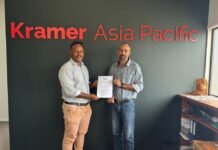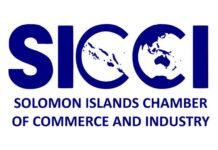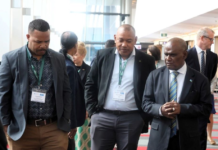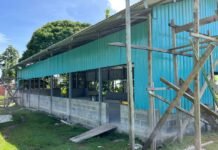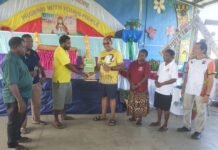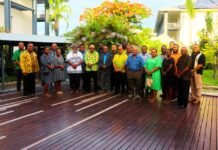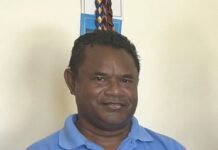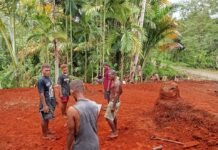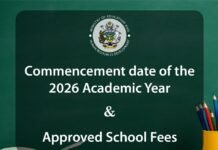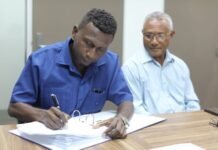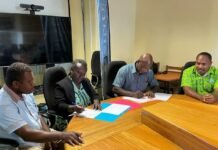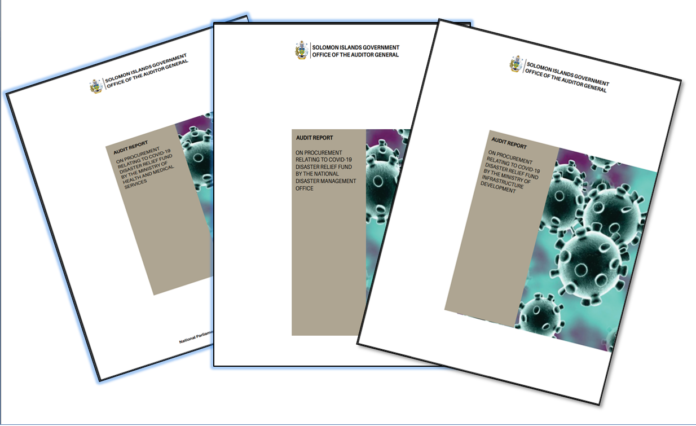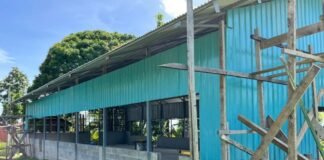The Auditor General has issued a special thematic audit report calling on the Government to strengthen procurement processes after compliance audits of three key ministries uncovered a series of problematic procurement practices in their management of $90 million COVID19 response funds.
Speaking at a press conference today, the Auditor General, David Dennis said his office chose to issue the thematic report after identifying a common thread of internal control failures when auditing three ministries that were key to the country’s COVID-19 preparedness and response plans during the 2020 State of Public Emergency (SOPE).
The ministries are the Ministry of Health and Medical Services (MHMS), Ministry of Infrastructure (MID) and the National Disaster Management Office (NDMO) through the Ministry of Environment, Climate Change, Disaster Management and Meteorology.
Mr Dennis said there was a common theme of a lack of transparency and a lack of required documentation across all three audits.
“This includes the inability to provide my office with full documentation to review transactions, indicating a major failure of accountability and this is an area that all Ministries need to address,” Mr Dennis said.
Between them the Ministries spent over $90 million on goods, services and works to support the response to the COVID-19 pandemic in the period from 1 April to 31 December, 2020.
Most of this funding was spent using bid waivers in what the pdfspecial thematic report(9.13 MB) described as ‘truncated procurement processes’.
There are also areas in which noncompliance, potential fraud and lack of accountability could together impact the efficient emergency procurements to deliver required and effective services expected during a crisis situation.”
Mr Dennis said it was important to acknowledge the extraordinary circumstances created by COVID-19 which had heightened the inherent risk for expediting procurements and delivery of services at the expense of following established procedures.
“It is my view however that the existence of an urgent requirement should mean that controls are applied with urgency, and not discarded,” he said.
In the case of the Ministry of Health and Medical Services, the audits also looked at the issues of transparency, accountability, and inclusiveness to identify potential gaps and recommend possible solutions to address these. These were based on the international experience of best practice needs during an emergency situation.
Mr Dennis said he hoped that the recommendations in the thematic report would assist the Government, particularly the Ministry of Finance and Treasury (MOFT), and the three ministries involved to strengthen their procurement processes in emergency and normal operations.
All three ministries and MoFT have been provided with copies of the audits and offered the opportunity for further briefings and discussions with the OAG.
“I intend to follow up on the findings and commitments made in response to our recommendations, through future audits of each of these Ministries.
The OAG is one of the key accountability institutions established under the Solomon Islands Constitution which requires the Auditor General to audit and report on the public accounts of Solomon Islands, including all Ministries, offices, special funds, courts and authorities of the Government, and of the government of Honiara City and of all provincial governments.
- OAG Press Release






